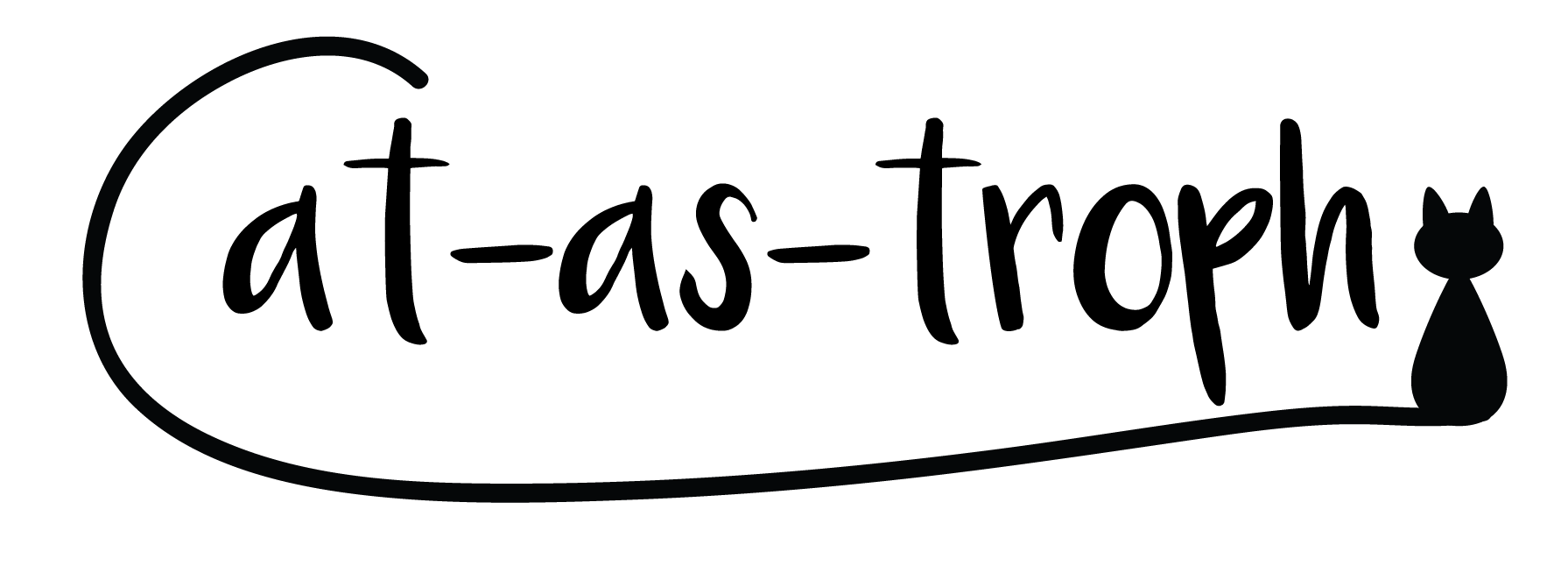On June 6th, I shared that I had come to the end of the review process for my paranormal murder mystery, The Moreau Witches. After providing a copy of the first draft to thirteen readers, only five people finished the book. Some of the others did provide feedback as they made their way through the story, while the rest did not get back to me at all. A few didn’t even start it.
Even before this dismal end, the review process was quite an experience. What one reader praised, annoyed another. What one reader wanted removed, two more were ready to raise hell if it should ever be altered or deleted. I also noticed a big divide in how readers perceived and engaged with various aspects of the book based on their race, culture, and even geographical location.
If you are a new writer, or have just never seen the point of a beta review process, you are likely wondering if this is normal. The unfortunate answer is yes. Until you build a loyal and reliable group of beta readers, this is likely to be your Fate. Take it from me.
Even though I never published until recently, at 29 years old, I have written nearly forty novels since 2002. I put a dozen or so of them through the review process in one form or another. I still have a lot to learn, but here are a few things I have come to expect from the beta review process.
Many Readers Won’t Finish
As I mentioned before, of thirteen readers, only five ultimately finished the novel. In other words, only 38 per cent of my beta readers actually read the whole story.
Based on prior experience, I had a sneaking suspicion that this would happen and took extra measures to reduce the likelihood. As I knew some of my readers were students and teachers, I picked a month where most of them were on break. I also gave an entire 30 days to finish a book that once took my British editor just two days to read. This all made little difference.
I share this to illustrate that no matter what you do, until you build up a reliable set of beta readers you can count on this time and time again: even many of the people who begged to have your book, won’t get around to it. In other words, don’t take it personally.
Some Readers Misinterpret their Role
Often, you will have at least one beta reviewer who decides to go through the book and do a line-by-line edit. The problem is that line edits are useless on a first draft, since whole characters, scenes, and chapters may be removed or changed—as was the case with my draft. To add to this, finding the feedback you need means working your way through a pile of line edits, first. This. Takes. Forever.
The other extreme is the reviewer who doesn’t believe they have the authority to suggest changes to your novel. These reviewers will be silent if they dislike something, but will praise what they like. Unfortunately, while ego-stroking improves an author’s confidence, this doesn’t always improve our writing. In fact, it may make it worse.
Thankfully, most of my reviewers fell somewhere in the middle, providing sound, detailed feedback and making themselves available for further discussions regarding that feedback later on. These reviewers were the most helpful, and I rewarded my best three with gifts from my store for their hard work.
Differences of Opinion
As authors, we often have a love-hate relationship with our work. We may love our characters and the plot and the idea that first inspired us. However, we may suffer doubts about how well we presented this. Even so, we may feel strongly that our characters or certain scenes will definitely be viewed a certain way, since we left so many hints and painted it so obviously. This idea is false.
Though only five beta readers finished the whole book, there were an additional four who gave me feedback based on what they did read. Of this nine, no more than three agreed on any one thing—and that happened only once or twice. There was no such consensus on anything else.
For me, it was interesting to see how different people perceived different characters, and interpreted the same cues, differently. Had they seen each other’s opposing feedback, I might have sparked World War III.
As I combed through the differing opinions of my beta reviewers on various topics, I began to notice that my readers could be grouped demographically according to their responses and perceptions. This, perhaps more than anything else, was absolutely fascinating to me.
To remedy this, I picked one reviewer to work through some of the feedback and help me decide how best they may help or hurt the story. I then wrote a glossary of terms at the back of the book to explain all the terms, words, and phrases that some readers struggled with.
Standing Your Ground
The point of a beta review is not just to hear feedback, but also to apply it. You must be prepared to have your feelings potentially hurt, and to make necessary changes where possible. However, it’s also important to find a way to stand your ground in the process.
To do this, you must know what you absolutely most hold on to in your novel, and what things you may be willing to part with. One of the things I refused to change in my novel was writing 100 percent in Victorian English, not as historical fiction authors write it now, but as it was written back in the 1800s. This was an ambitious goal, to say the very least.
One beta reader proceeded to make line edits that attempted to change my book to a more modern English formula, and even worse, to American English. But, most of my beta readers enjoyed the antiquarian English. One editor called it very niche and unique; another called it brilliant.
Back to the Drawing Board
For many authors, the thought of giving a group of thirteen people the right to find fault with their novel is scary. Thus, it can be tempting to believe that a beta review that leads to no changes in your novel is a successful one. However, if you complete a beta review and change nothing, you have failed.
There is no way your beta draft is so perfect that nothing should be changed. I love my beta draft and think it would be a reasonably good final draft. However, the actual final draft of my novel put the beta draft to shame. Those who have read both remind me of this time and time again. They are also proud to see bits and pieces of their feedback put to work.
In the rewriting process, I fleshed out two characters that were barely mentioned before and made them central to the plot. I moved half the epilogue of the beta draft to a few chapters back, and deleted the second half of it. At least two of my characters had their names changed, and one that did not have a name at all suddenly had one.
All of these were due to suggestions made from the beta review, and some of them took me some time to warm up to. But, the end result was well worth the initial discomfort.
So what’s my final verdict of the beta review process? With all these challenges and potential discomforts to deal with, is it worth the headache? My answer is an unequivocal yes. I don’t believe I would ever submit a book to the public without first completing a beta review process.
Many authors argue that they don’t think they can handle having their work criticised. Well, here’s my thought on that. Someone is going to hate that book no matter how good it is. I would rather hear that at the time I ask for it, and either make amends in the book, or prepare to stand my ground when the public reiterates that same critique.
Have you ever used the beta review process for your book? Did you have similar experiences to me? How did you handle the challenges that arose?
About the Author

Alexis Chateau is a Jamaican author of mystery, paranormal, and crime fiction. Follow her non-fictional tales of trials and triumphs at www.alexischateau.com.


Before I found my current group, I was in the same place. Heck, with my first book I was hard pressed to find a beta that made it to the end of the novel. Dismal times for sure. Even now, my group is about 16 deep, but I don’t use all of them as betas/CPs. Only about 4 because I found too many of those varying opinions really messed with my head and *I* got lost in what the story was supposed to be. It’s all an ongoing process for sure. Best of luck!
LikeLike
Hi Meka! I’m glad you can confirm how hectic of a process it is. I feel bad for new authors who don’t know this is normal and so they quit or take it personally when people don’t finish. Hopefully some of then find this page and realise it’s just a part of the program!
LikeLike
Reblogged this on Alexis Chateau PR.
LikeLiked by 1 person
If you ever need reviewers again, do let me know. I can’t promise I’ll agree to review your work, because I will only say yes if I know that I will be able to finish it. If I do agree, though, then I absolutely will finish it and try to give you helpful feedback.
LikeLiked by 1 person
Thanks Josh. It’s ridiculous how many people fight to get the book and then never ever even crack it open. The one I’m working on now is historical fiction set in the medieval era but I tossed vampire soldiers in, so not sure if that’s up your alley.
LikeLiked by 1 person
Are they sexy vampire soldiers?
LikeLiked by 1 person
Haha, they are all men and celibate like Roman soldiers were “supposed” to be be. However, there is one female in the ranks who is queen-to-be.
LikeLiked by 1 person
Oh darn. Oh well, helping out a friend is more important than getting my sexy vampire fix. Again, let me know when you’re ready for reviewers and I’ll see what my life is like at the time.
LikeLiked by 1 person
Will do! I don’t know if you’ve seen, but the paperback of The Moreau Witches is now available. Not sure if that’s up your alley either but figured I’d mention it. 😊
LikeLiked by 1 person
Yep, I read your latest post 🙂 I’m planning to order The Moreau Witches by the end of the month!
LikeLiked by 1 person
Awesome! Well once you’ve read it you’ll know if you can stomach a beta book of that writing style. 😆
LikeLiked by 1 person
Haha!
LikeLiked by 1 person